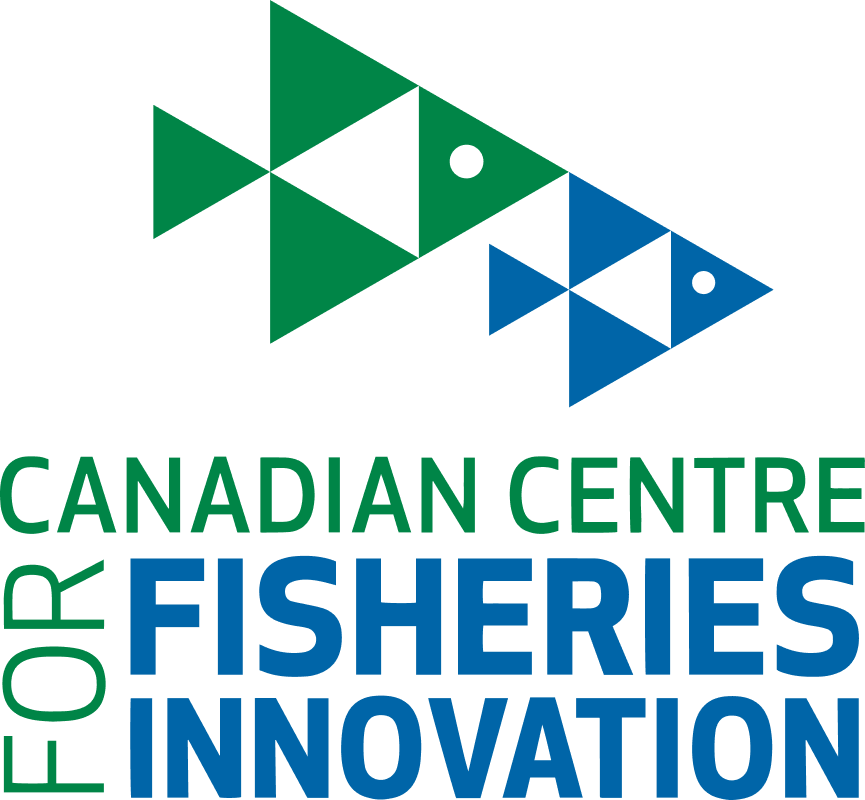FISH PROCESSING
Seafood processing in Canada takes place mostly in Nova Scotia, New Brunswick, and Newfoundland and Labrador, contributing nearly $2B in economic activity to the Atlantic region and supporting nearly 25,300 jobs. The processing sector works both onshore and at sea, and is a vital component of the seafood industry, as it is processing facilities that ensure:
- seafood products are produced in forms that suit the ever-changing tastes and expectations of consumers around the world,
- that seafood products satisfy global certification programs like the Marine Stewardship Council certification, and
- that operations are as efficient and sustainable as possible, with maximum value being derived from all seafood input, achieving little to no waste, and ensuring energy efficiency.
Working with stakeholders in this sector, CCFI has helped develop innovations to improve the efficiency of production facilities in many ways including energy efficiency and production efficiency, we have assisted with enhancing automation research to help the Canadian sector remain competitive globally, and we have helped the sector pursue research into producing new product forms. A few examples of our work in this regard are presented below.
FAQs
CCFI has pursued research many different types of projects aimed at enhancing efficiency within the processing sector. Challenges associated with keeping aging production facilities modern are common across many industries, and in the processing sector a focus has been maintaining energy efficiency in facilities that have to maintain very specific temperatures in different areas of a plant. CCFI has sourced engineering and production expertise for a wide range of seafood producers to support plant reconfigurations or the introduction of new equipment that have generated significant savings for producers and kept them competitive.
Another example of CCFI’s work with respect to processing efficiency is helping producers find commercial use for any waste products generated from their product activity (called “organic waste”). Work in this regard has included researching the viability of using organic waste for everything from compost to cosmetics, with the end goal of generating more value and greater profitability within the Canadian processing sector.
Automation is vital to the processing sector given the human resource challenges faced worldwide and the need to be as efficient as possible to stay globally competitive. CCFI has engaged in unique and ambitious projects that have included developing all new and patented machinery for cutting seafood, successfully introducing new automated equipment into existing production lines, and forecasting the potential benefits that a processor could expect to achieve by introducing increased automation.
An example of CCFI’s work in this regard would be the research we have conducted with partners using our very own high pressure processing equipment. High pressure processing (HPP) is the only non-thermal technology for the seafood industry that allows the development of healthier foods, bringing a higher level of functionality and nutritional values to new products. HPP has several applications in the seafood industry that include the elimination of common seafood pathogens, slowing the growth of spoilage micro-organisms, and shucking oysters, lobsters, crabs, mussels, clams and scallops to increase recovery of the edible meat. CCFI has helped a wide variety of processing companies explore the potential of HPP to enhance their operations.

